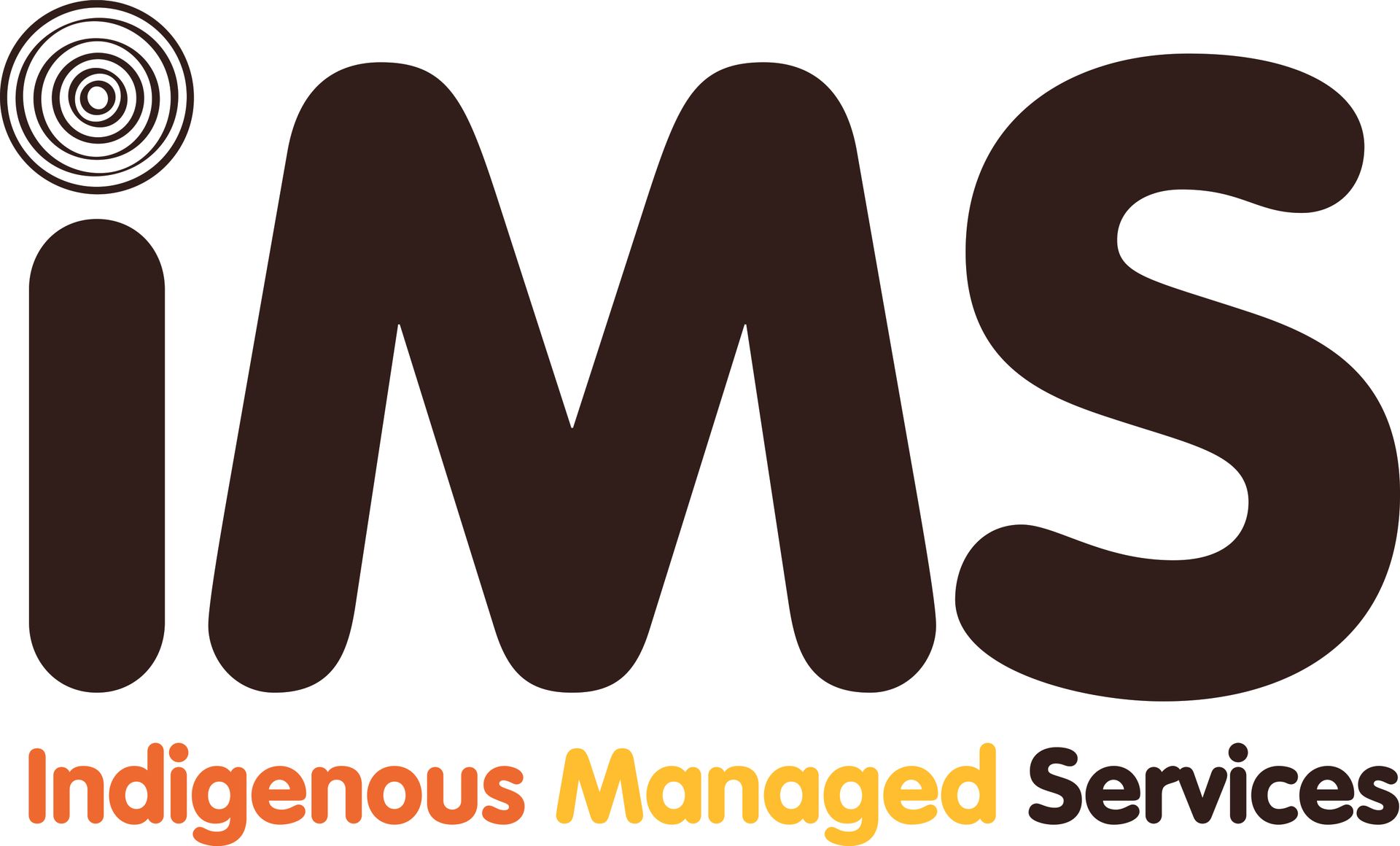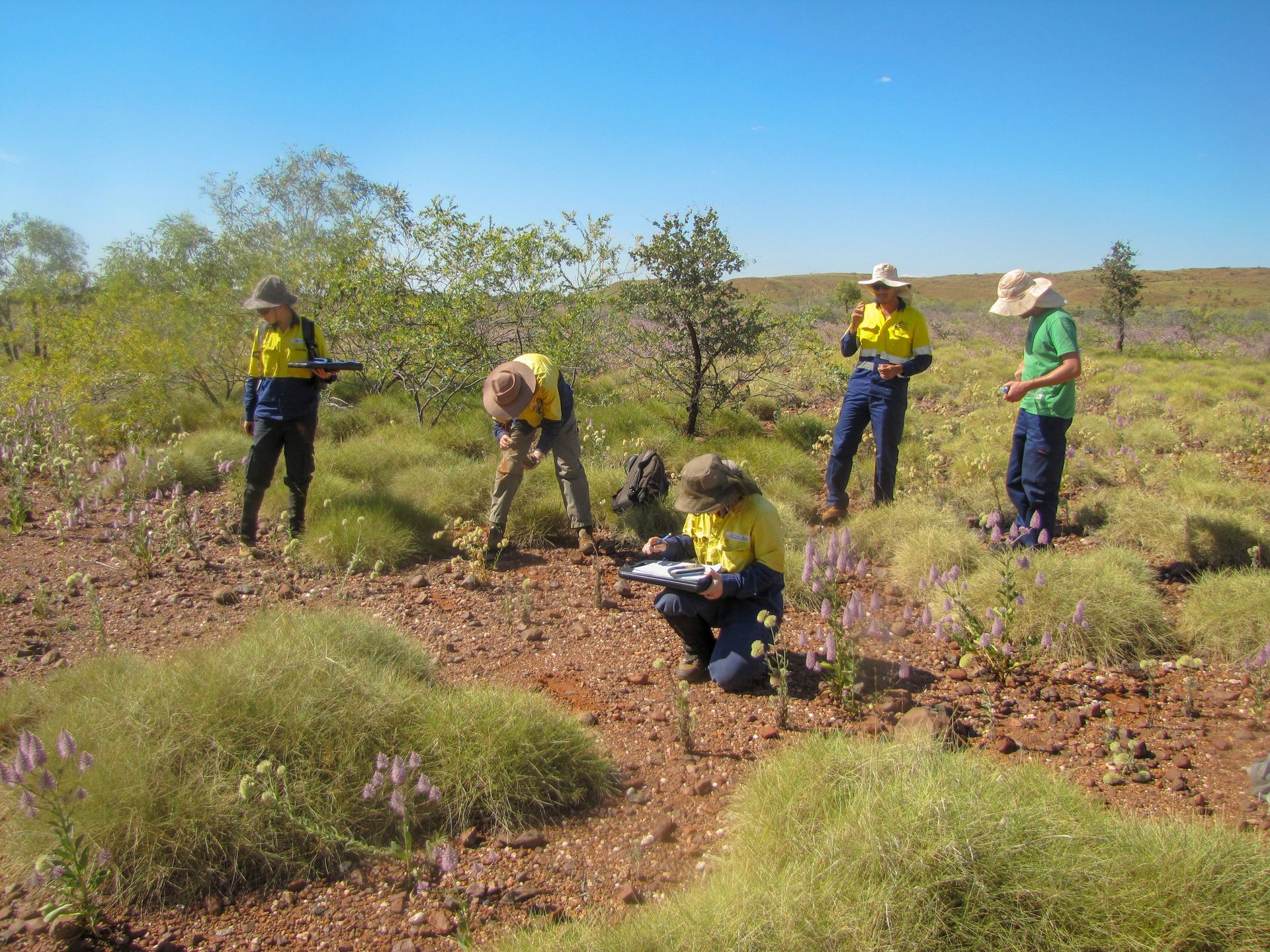Skill-Based Hiring: Why Skills Matter More Than Degrees in 2025

In Australia, 2025 is shaping up to be the year where more employers move from filtering candidates by degrees to focusing on proven ability — portfolios, task simulations, micro-credentials and structured skill taxonomies. This shift comes off the back of strong evidence that skills-first eligibility enlarges viable talent pools, supports fairness, and helps businesses under pressure from ongoing skill shortages look beyond traditional credentials.
Shortage data highlights engineering, construction management and a range of technical roles. Manufacturing continues to battle closures, cost pressures and slipping productivity. International research also points to millions more openings for non-degree candidates through the “degree reset”. Taken together, these trends show why a static qualification often says less about a worker’s current readiness than verified, up-to-date skills.
Reasons Skills Matter More Than Degrees in 2025
1. Addressing Structural Skill Shortages
A wide range of occupations across Australia remain in shortage, particularly in engineering and project delivery. Relying solely on recent graduates restricts supply at a time when the economy needs experienced and cross-skilled workers. Skills-based screening helps employers tap adjacent capabilities and fill priority gaps faster.
2. Broadening Workforce Participation and Equity
Government and private reports reinforce the push for inclusive employment. Dropping unnecessary degree barriers reduces bias and opens doors for regional, mature-age and First Nations jobseekers, supported by structured skill evidence and culturally aware pathways such as Indigenous Labour Hire solutions.
3. Responsiveness to Rapid Skill Change
Digital, data and AI skills evolve faster than universities can update curriculums. Micro-credential pilots and the national framework now provide recognised, modular signals of current competence. This allows employers to value recency and stackability over a one-off qualification earned years ago.
4. From Intent to Measurable Practice
Research shows that plenty of organisations announce they’ve scrapped degree requirements but don’t actually increase non-degree hiring. Without redesigned assessments and proper interviewer training, little changes. Structured skill taxonomies, calibrated work samples and behavioural scoring are the practical tools that turn policy into real outcomes.
5. Better Economic Outcomes for Vocational Pathways
VET/TAFE graduates continue to show strong income growth and job outcomes - in some trades and technical roles even matching or exceeding university starting salaries. This proves that applied learning plus recognised certificates can hold real market value without a four-year degree.
6. Strengthening Sector Capability and Indigenous Participation
Resource projects and regional industries often need site-ready teams quickly. Providers offering Indigenous mining labour hire match verified safety records and equipment skills to employer needs, accelerating deployment while also meeting participation goals tied to broader national workforce strategies.
7. Service and Hospitality Agility
Frontline service roles rely heavily on communication, reliability and compliance awareness - skills best shown through work experience and short accredited courses rather than degrees. Structured skill frameworks and targeted programs, including culturally informed Indigenous Hospitality services, enable clear career progression from entry to supervisory levels.
8. Solving Engineering and Technical Bottlenecks
Engineering shortages persist nationwide. Mapping competencies like CAD, systems thinking and WHS leadership lets employers evaluate real evidence - from project portfolios to micro-credentials and supplier statements - including contributions from Indigenous Engineering services, instead of filtering candidates by alma mater.
9. Productivity and Speed Under Cost Pressure
With manufacturing facing closures, rising energy costs and productivity challenges, businesses can’t wait on graduate pipelines. Skills-based hiring reduces vacancy times and supports targeted upskilling aligned to output needs, making better use of existing talent.
10. Diversity, Innovation and Risk Reduction
Research links diverse, skills-first teams with stronger decision-making and greater innovation. Moving to verified capability reduces overreliance on university names that can mask bias, while structured evaluation lowers mis-hire risk by focusing on observable performance.
11. Internal Mobility and Continuous Learning
LinkedIn’s skills genome and the adoption of micro-credentials by employers are fuelling internal marketplaces where workers are redeployed based on verified skill clusters. This lifts retention and trims recruitment costs, backed by providers offering Indigenous Industrial services across multiple industries.
Also Read: Bridging the Skills Gap: Strategies for Attracting and Retaining Top Mining Talent
Conclusion
Degrees still matter for regulated professions, yet in 2025 competitive advantage hinges on building transparent skill architectures, validating real competence (not pedigree), investing in modular learning and widening pathways that recognise diverse experience; organisations that operationalise this will respond faster to shortages, lift inclusion and sustain productivity.






